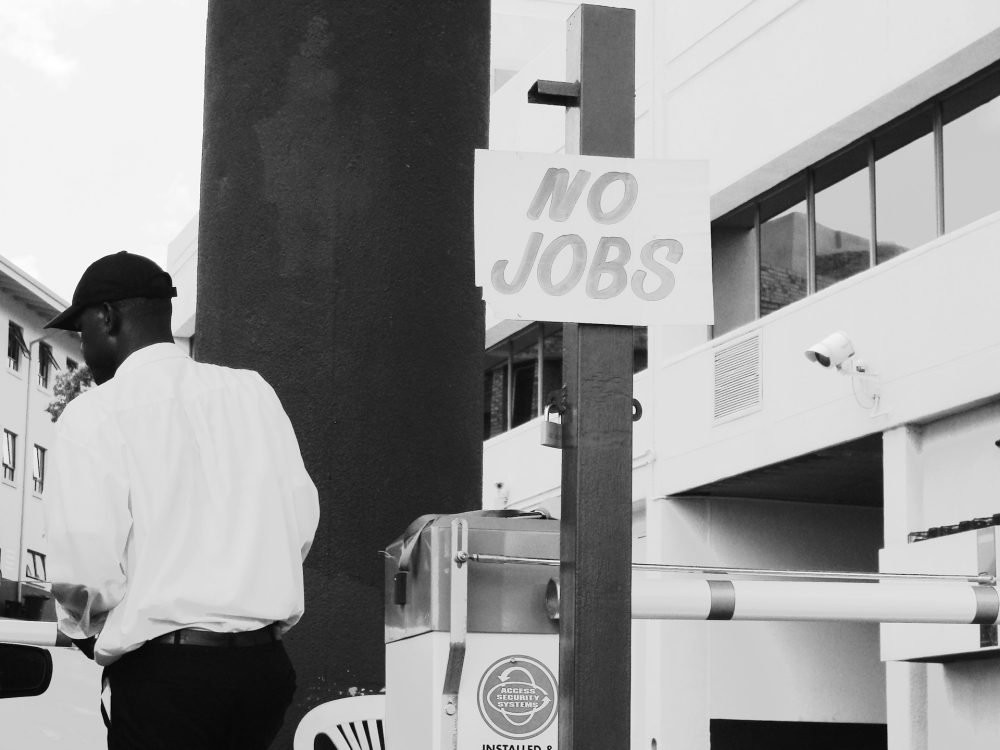Sponsored
Protect your investments by diversifying your financial accounts
We’re creatures of habit, and sometimes we fall into the trap of putting our money in one or two places. As we’ve all heard before, putting all of your eggs in the same basket is problematic. Having all of your money in just one or two locations makes you extremely vulnerable.

While we may not be the best at saving, Americans love investing. In fact, more than half of Americans have bought into the stock market, either through individual stocks, mutual funds, or retirement accounts. But while a growing number of people have an investment portfolio, most are clueless as to what they’re doing or how to invest their funds. Most people don’t even know how their assets are allocated.
Investing isn’t the easiest thing in the world, but ignorance can cost you tens of thousands of dollars (or more) in the long run. As a rule of thumb, you should always know where your money is and if it’s allotted in ways that allow you to meet your short term and long term financial goals.
Here’s why you should diversify your financial accounts.
What is diversification?
Having a diversified portfolio means that your money is spread across a variety of asset classes. For example, choosing to put your money into bonds, stock, and real estate allows you to have money in different financial portfolios. You can also diversify how your funds are allocated within each financial sector.
An example of sector diversification would involve buying stock in an index fund so that your money can be spread out across different stocks in that fund. Or if you want to put money into real estate, you can buy property in different markets, i.e. in different locations or different types of real estate.
The greater the variety of assets that you own, the more diversified of a portfolio you’ll have.
Diversifying financial accounts
Not only can you diversify your investment accounts, but you should also diversify your financial accounts. Having all of your income go into the same account is rarely a wise decision. For one, when you’re piling all of your money into a single account, you’re more likely to spend recklessly. Having a budget and alotting your money into different accounts is typically safest.
Another issue with keeping your money in the same account is lack of growth. With diversified financial accounts, you can earn more interest from your money.

For example, let’s assume you have a standard checking and savings account with the average 0.10 percent APY. Such a small interest rate means you’re earning pennies on the money that’s sitting in your accounts. But if you were to switch to a high-yield savings account, you could have an APY as high as 2.45 percent, depending on the bank you choose.
By having accounts through various financial institutions, you’re more likely to experience growth. With a high-yield account, you can not only save more but make more as well.
Having diversified financial accounts also ensures that you’re taking advantage of special offers and deals. Maybe you have a loan with a high rate of interest, and one of your banks is offering you a zero percent interest loan for 12 months. The ability to transfer your debt onto a low or no interest credit card or loan can save you hundreds of dollars in interest.
Another scenario is money transfers. Maybe you routinely use cashback apps like Ibotta and Dosh (here’s a professional review of Dosh) and you want an account that allows you to quickly transfer these funds over and then leave them there to grow interested. Having a high-yield savings account gives you a place to put your earnings.
Understanding risk and how diversification helps to mitigate it
One of the biggest risks that concentrated financial accounts face is a systematic risk. Inflation, war, and other factors cause systematic risk, which mostly impacts economic sectors and large companies.
There’s also an unsystematic risk, which are risks that are tied to a specific industry, company, or location. For instance, new regulations may impact a certain industry in a specific region.
While investors (who are also consumers) have very little control over systematic and unsystematic risk, what we do have control over is where we place our money. By having a diversified portfolio, you can significantly lower the risk of unsystematic risk.
Spreading out your money greatly reduces your vulnerability. Money that is distributed across various areas isn’t likely to react in the same way. So while you may lose money in your real estate investment, your stocks may grow handsomely.
Conclusion
Having a diversified investment portfolio and financial accounts not only mitigates risk, but it can also earn you more money over time. Avoid the pitfall of putting your money in one location and instead embrace the benefits of diversification.
—
(Featured image by Aidan Bartos on Unsplash)

-

 Cannabis1 week ago
Cannabis1 week agoCannabis and the Aging Brain: New Research Challenges Old Assumptions
-

 Africa2 weeks ago
Africa2 weeks agoUnemployment in Moroco Falls in 2025, but Underemployment and Youth Joblessness Rise
-

 Crowdfunding5 days ago
Crowdfunding5 days agoAWOL Vision’s Aetherion Projectors Raise Millions on Kickstarter
-

 Fintech2 weeks ago
Fintech2 weeks agoFintower Secures €1.5M Seed Funding to Transform Financial Planning

























